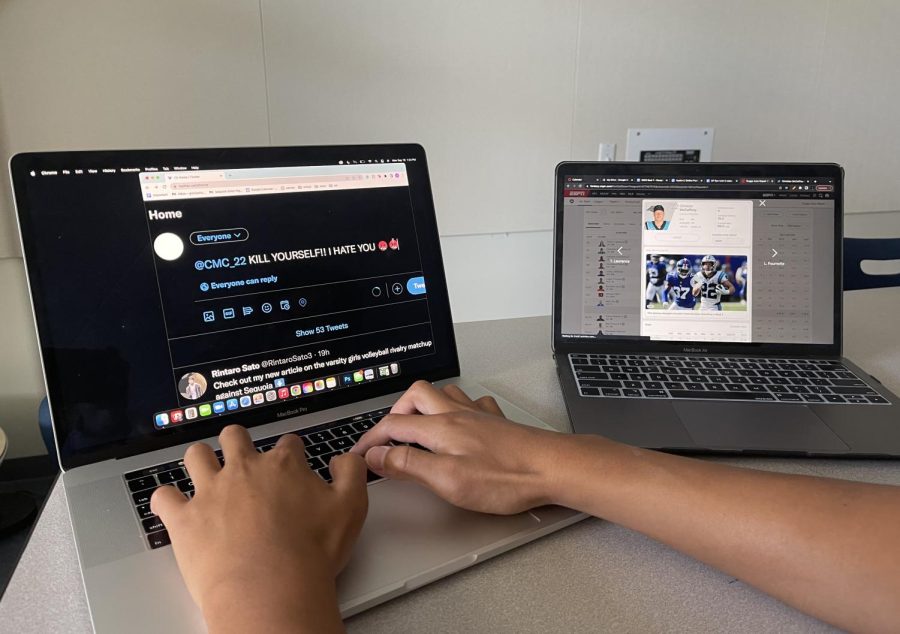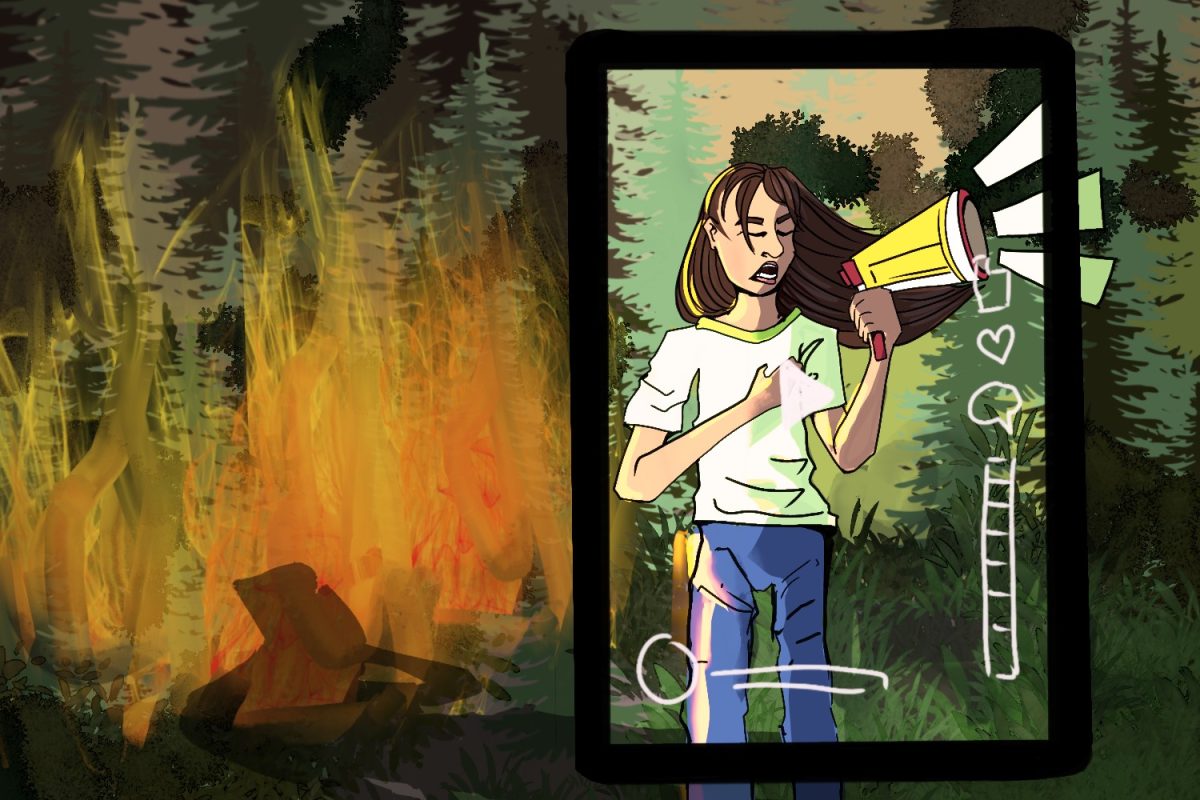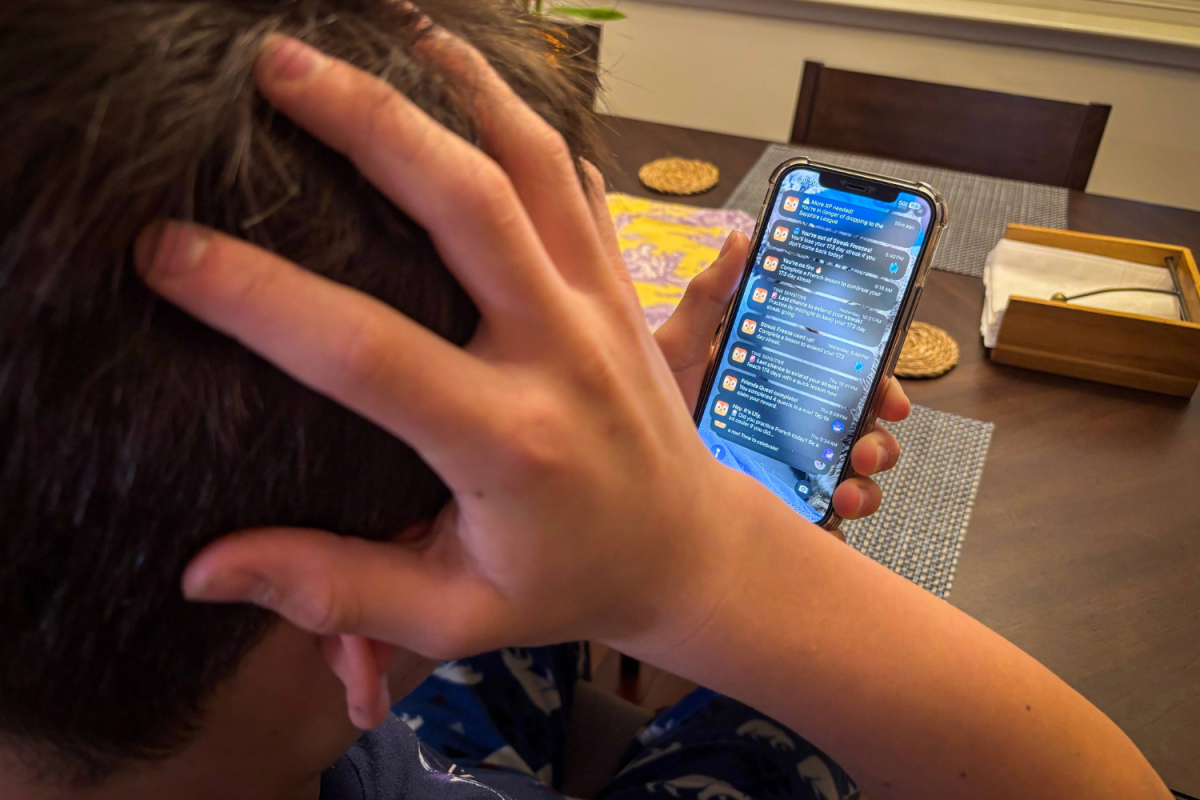To some, fantasy football is merely a fun activity to do with friends and family during the NFL season. However, to others, fantasy football is more than a game. Just ask the yearly losers whose bottom league finish precipitates them to wear embarrassing outfits chosen by other league members, get piercings, or even a tattoo in remembrance of their loss.
Fantasy football was first introduced in 1962 when Bill Winkenbach, a co-owner of the former Oakland Raiders, created the “Greater Oakland Professional Pigskin Prognosticators League.” Essentially, people would become the owner, general manager, and coach of their own football team. Competing against friends, they would draft a team of NFL players and gain points based on their on-field performances. For example, in today’s league, if you drafted quarterback Josh Allen and he threw a touchdown or ran for yards, you would earn points respectively. The team with the most points at the end of the week would win the matchup.
Since then, fantasy sports have become a national sensation. According to ESPN, today, over 40 million people play fantasy football in the U.S. alone. Worldwide, numbers are expected to continue to rise especially among younger populations. As the game is transitioning from niche to mainstream, it’s safe to say that no matter if battling for pride or money, people are taking it more seriously than ever.
This begs the question of, what constitutes taking fantasy football too seriously? If you’re anything like me, fantasy football is a pretty big deal. With money and pride on the line, I check the fantasy football app on a daily basis. Sometimes subconsciously, I find myself opening it in class only to admire my team. Other times I’m urgently trying to make trades with friends to ensure my reprieve from the losing punishments instead of doing my classwork. Is fantasy football a major distraction? Absolutely. Am I taking it too seriously? To an extent, perhaps. However, my idea of taking it too seriously relates to the dehumanization of athletes themselves.
“ON LIFE, BRANDON, IF YOU DON’T RUSH FOR 50 YARDS AND 2 TOUCHDOWNS TONIGHT, ITS OVER FOR YOU AND YOUR FAMILY…Fulfill my orders stated in the previous request, or that’s your life, bruh, and I’m not playing,” tweeted Andre Rayner before a Monday night game against the Minnesota Vikings.
These were messages sent to two-time Super Bowl champion and running back for the New York Giants, Brandon Jacobs, back in 2013. He would go on to sit out the game with a hamstring injury and report such messages to the NFL out of fear for his family’s safety.
Social media platforms such as Instagram and Twitter make it easy for disgruntled fans to send NFL players hate messages and death threats on a regular basis.
Just look at kicker Justin Tucker, who received this message after going six for six on kicks and presumingly making this fantasy football owner lose.
“You f—— piece of s—, do you enjoy making people miserable? I hope you lose your leg in a car accident. Nobody likes you,” said Twitter user @randallkooi.
During an interview, Carolina Panthers running back Christian McCaffrey said, “All year, me and my loved ones received death threats because I didn’t get people fantasy wins.”
Now whether or not these death threats are serious or jokes, I am not sure. It’s hard to say if they are facetious, but death threats are certainly not acceptable jokes.
I’ll admit, when players on my fantasy football roster underperform or, as called in the fantasy sports world, “bust,” I get frustrated and complain. That being said, the idea of going out of my way to send hate messages and threaten them on social media is completely unnecessary and unacceptable.
Clearly, a reality check is needed.
Many fans fail to realize that athletes such as Jacobs, Tucker, and McCaffrey are much more than professional football players. They are also brothers, fathers, husbands, and most importantly, humans. They face extreme pressure on and off the field and not to mention the criticism they receive from coaches and the media. The added stress of worrying about their families’ safety is entirely avoidable. This added hatred over fantasy football only serves to tear them down even more. In addition, they have no obligation to perform for fantasy football managers. At the end of the day, fantasy football is merely just a game. It is a fantasy, as the name implies, created to make professional football even more exciting, and it should be treated like one.
Finally, it’s absolutely fine to laugh at memes regarding players or get upset over their underperformances. However, sending death threats through social media and threatening the livelihood of athletes is taking it way too far. It’s important that we collectively recognize the issue surrounding the hate directed toward professional football players. Not only will this make the sport more enjoyable, but it will also benefit the mental health of players.












